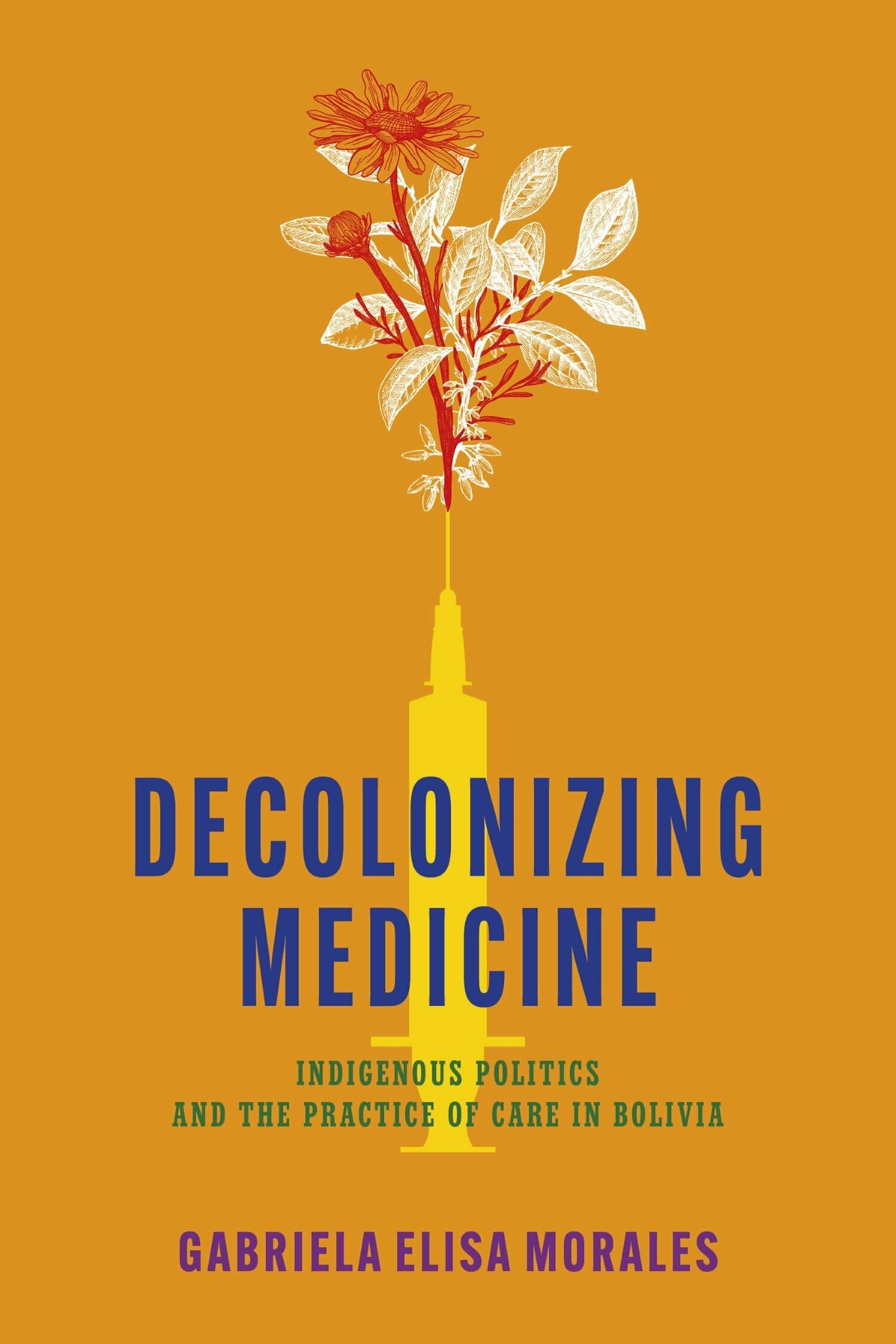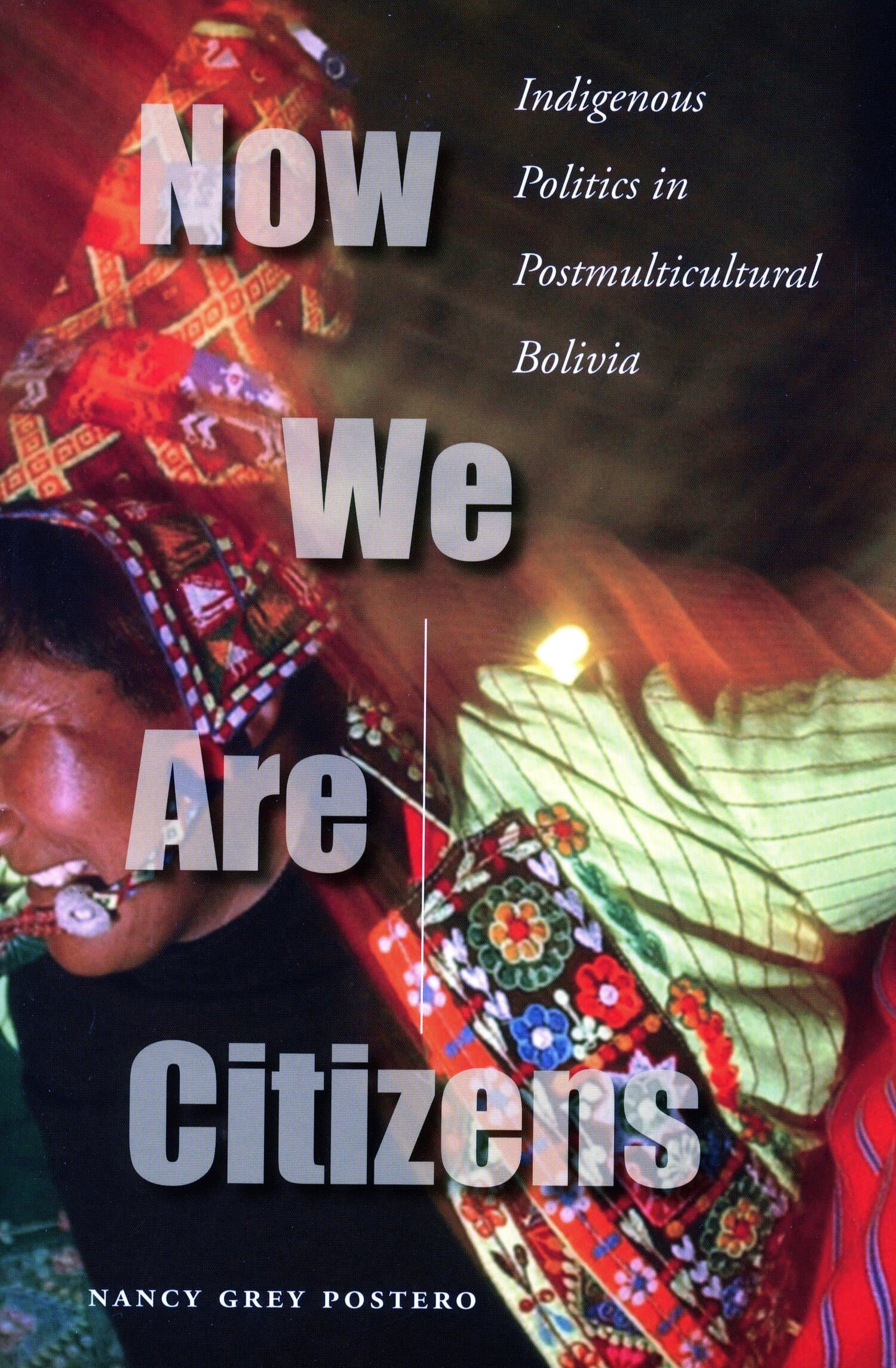Decolonizing Medicine
Also Available from

Decolonizing Medicine examines Bolivian state-led efforts to decolonize health services during the administration of Evo Morales, Bolivia's first Indigenous president. Governing from 2006 to 2019, the Morales administration undertook sweeping reforms, vowing to reverse intertwined colonial and capitalist systems of oppression and restore Indigenous good living. Predating more recent calls from global health practitioners to "decolonize global health," Bolivian state projects included a range of initiatives, such as integrating Indigenous traditional medical practitioners into clinical care and encouraging cultural sensitivity among healthcare providers. And yet, despite layered institutional investments, many Indigenous patients continued to describe their local hospital as a place "donde no hay atención" ("where there is no care").
Through fine-grained ethnography of health policymaking and implementation, Gabriela Elisa Morales tracks how Bolivian biomedical and public health institutions fell short of the far-reaching transformations proposed by decolonial activists and theorists. At the same time, she foregrounds how Indigenous patients and healers challenged the terms of caregiving and demanded that state and medical institutions fulfill their obligations to Indigenous flourishing. In tracing these dynamics, Morales articulates the multiplicity of ways that care practice becomes a locus of political foreclosure as well as radical transformation, with crucial insights for broader projects of decolonization and Indigenous rights.
—César E. Abadía-Barrero, University of Connecticut
"A model of anthropological critique as a form of solidarity and of action, Decolonizing Medicine takes a hard look at the mechanisms of decolonization in our everyday lives. Focusing on state health care provision to indigenous people in the highlands of Bolivia, Morales describes an all too familiar situation: the way promises and policies of decolonisation are thwarted by entrenched structural inequalities and are coopted by liberal forms of recognition and commensuration. In Decolonizing Medicine, Gabriela Morales has complicated the morality play of our contemporary moment—one that suggests decolonization is simply a matter of finding the political will. This book pushes us to ask ourselves what it takes to decolonize: what are we willing to give up, what are we willing to transform, how far are we willing or able to go, to begin to decolonize our everyday lives? This important book will change the way you think about decolonization, care, and the possibility of real political, social and infrastructural change within liberal societies."
—Lisa Stevenson, McGill University
"Decolonizing Medicine offers a lively and trenchant account of efforts to 'decolonize' state institutions and biomedical practices. It exemplifies the ethnographic capacity to move between scales and to powerfully illuminate the lived effects of broader political shifts and policy reforms as they reach into the most intimate moments of people's lives. Centering the knowledge practices, analytical insights, modes of critique, and ethical claims of Indigenous patients, their family members, midwives, and traditional healers, this book opens new possibilities for political action and practices of accountability amid enduring inequality."
—Susan Ellison, Wellesley College




